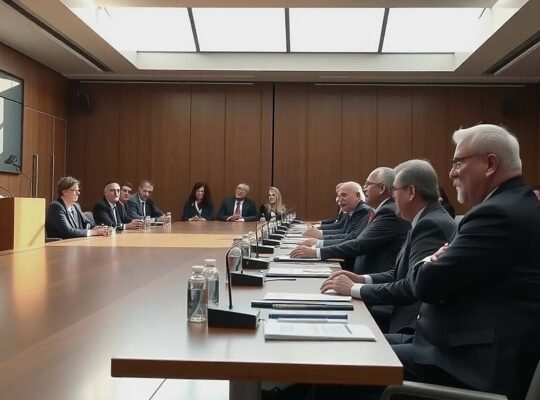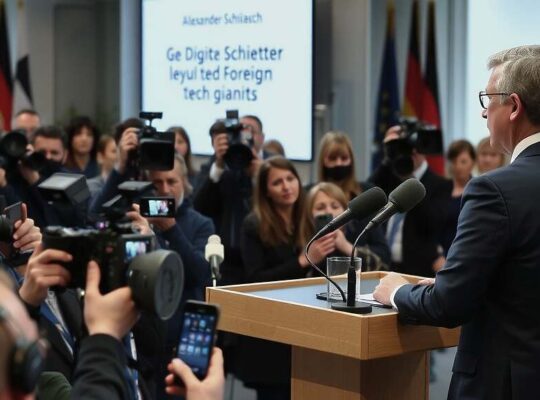The latest ZDF Politbarometer reveals a significant shift in Germany’s political landscape, with the rise of “Other” parties and a continued fragility for the ruling coalition. Both the Basic Social Democratic Party (BSW) and the Free Democratic Party (FDP) have now dipped below the three percent threshold in the Sunday question survey conducted by Forschungsgruppe Wahlen, a development that effectively obscures their individual standing. They are now aggregated into a broader “Other” category, which has seen a one-point increase to twelve percent overall.
This aggregation represents a concerning trend, suggesting a loss of voter confidence in both BSW and FDP, though the reasons for their decline differ considerably. BSW’s trajectory reflects growing anxieties amongst segments of the electorate, while the FDP’s struggles highlight deeper concerns about its role within the liberal political framework.
The “Other” category’s rise also pulls down the standing of Die Linke, which now registers at ten percent, a single point less than the combined share of BSW and FDP previously. This erosion of support for left-leaning parties adds complexity to a fragmented political scene.
The established powerhouses remain largely unchanged: the CDU/CSU bloc maintains its lead at 27 percent, followed closely by the AfD with 25 percent. The SPD and the Greens continue to attract 15 and 11 percent respectively.
Crucially, this survey underscores the ongoing instability of the black-red coalition government, led by the CDU/CSU and SPD. The coalition remains without a clear majority in this polling data, a persistent indicator of the challenges faced in governing a nation grappling with economic uncertainty and societal divisions. The consolidation of “Other” parties and the weakening of Die Linke underscore the need for renewed coalition strategies and a deeper understanding of the fragmented electorate. The continued relevance of the AfD, nearing the lead of the CDU/CSU, adds a further layer of political tension and future uncertainty.












